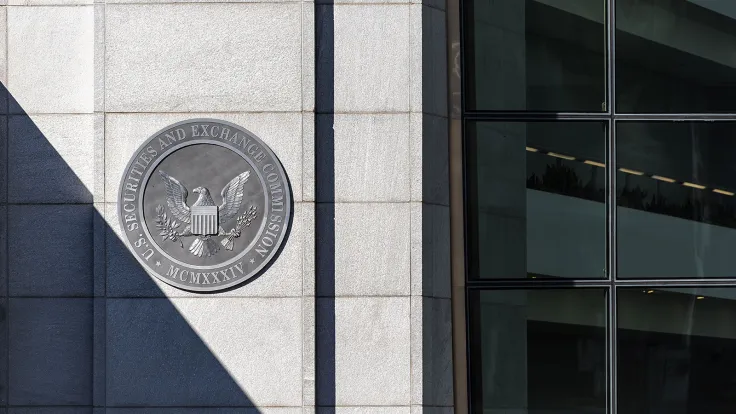Former SEC lawyer John Reed Stark recently took to Twitter to critique cryptocurrencies as a failed investment.
In a series of tweets, Stark outlined the reasons he believes cryptocurrencies are failing as investments, currencies, stores of value, financial solutions for the unbanked and safe havens.
He cited the lack of regulatory oversight, transparency and consumer protections as significant factors contributing to these failures. Stark, who has no stake in the crypto game and is a frequent SEC critic, also highlighted the prevalence of market manipulation, insider trading and fraud in the cryptocurrency sphere.
According to Stark, cryptocurrencies fail as currencies due to their volatility, high fees, burdensome taxes and infinite risks. He also debunked the narrative of cryptocurrencies as a store of value, arguing that they lack utility and intrinsic benefit.
As for the claim that cryptocurrencies can be a financial solution for the unbanked, Stark called it an example of "predatory inclusion" and affinity fraud, targeting the disadvantaged and disaffected.
In his tweets, Stark also pointed out the absence of government oversight and protections in the case of crypto platform failures, leaving customers with little recourse. He contrasted this with traditional financial services, which have investor protections and oversight built-in.
It should be noted that Stark's critique faced some pushback from the crypto community. Ari Paul, the CIO of BlockTower Capital, responded that the crypto industry might not be as problematic if regulators provided oversight rather than obstruction. Paul argued that such oversight could have saved retail investors at least $10 billion in the last year alone.
In response, Stark acknowledged that crypto-trading platforms should be registered and that the SEC is beginning to take action, though he noted that the agency can only file civil charges, which may not always be a sufficient deterrent.



 Dan Burgin
Dan Burgin Vladislav Sopov
Vladislav Sopov